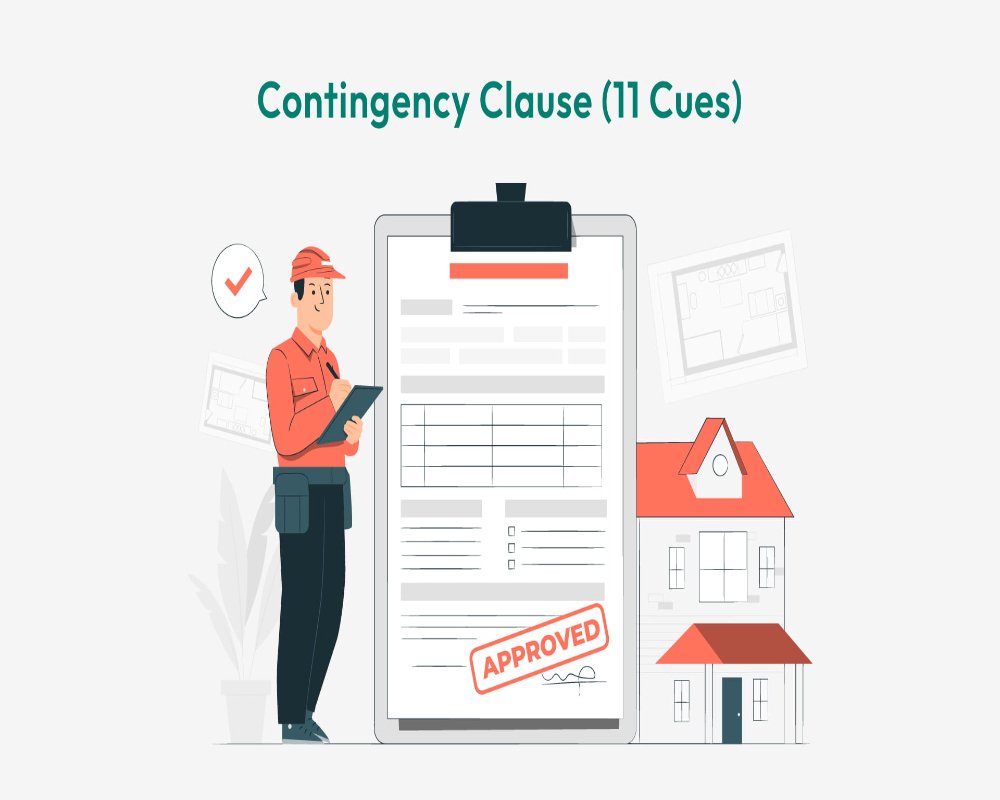Introduction
Contingency clauses in deals are contractual provisions that make the execution or continuation of an agreement dependent on the occurrence or non-occurrence of specific events. These clauses are widely used in industrial, real estate, and commercial agreements to protect parties from unforeseen risks, delays, or failures. A well-crafted contingency clause acts as a safeguard, allowing parties to pause, renegotiate, or exit a contract without penalty if certain predefined conditions are not met. In high-value or long-term deals, these clauses are essential for managing uncertainty and ensuring that both parties operate within a secure legal and financial framework.
1. Financing Contingency
A financing contingency allows the buyer to withdraw from the agreement if they are unable to secure the required financing within a specified period. Common in industrial land and property deals, this clause ensures the buyer is not legally bound to a deal they cannot fund and gives them time to finalize loans or credit facilities.
2. Regulatory Approval Contingency
Industrial and commercial projects often depend on approvals from zoning boards, environmental agencies, or municipal authorities. A regulatory approval contingency protects the buyer or investor from being locked into a deal if the required permits or licenses are denied or delayed.
3. Title and Ownership Contingency
This clause permits the buyer to conduct due diligence on the ownership and title status of the property. If the title is not clear or if ownership is disputed, the clause allows the buyer to cancel the deal or demand corrective action. This is vital for avoiding future legal battles over property rights.
4. Environmental Inspection Contingency
Industrial properties must comply with environmental norms. This clause allows for environmental assessments and soil testing to detect contamination or non-compliance. If the land fails to meet environmental standards, the buyer can withdraw or ask the seller to address the issues before proceeding.
5. Technical Due Diligence Contingency
This provision gives the buyer time to verify the condition of physical infrastructure, equipment, and utilities. If technical faults, outdated systems, or hidden damages are discovered during inspections, the buyer can renegotiate or exit the agreement without penalty.
6. Appraisal Contingency
Primarily used in real estate deals, an appraisal contingency ensures that the asset value is consistent with the agreed price. If an independent appraisal reveals that the value is lower than the purchase price, the buyer can renegotiate or cancel the deal.
7. Legal Compliance Contingency
This clause requires the asset or business to be in full compliance with applicable laws and regulations. If non-compliance is discovered—such as labor violations, tax defaults, or legal disputes—the buyer is protected from inheriting legal liabilities.
8. Insurance and Risk Transfer Contingency
Some deals require confirmation of adequate insurance coverage for fire, liability, or other risks. This clause may also specify the need for transferring certain insurance policies or securing new ones. If insurance is inadequate, the deal can be postponed until resolved.
9. Force Majeure Contingency
This clause allows for the suspension or cancellation of obligations due to extraordinary events beyond the control of either party, such as natural disasters, war, pandemics, or government actions. It ensures that no party is held liable for non-performance under extreme conditions.
10. Market or Price Adjustment Contingency
To account for market volatility, this clause enables a price revision if material cost, interest rates, or currency exchange rates deviate significantly during the negotiation or execution period. It protects both buyer and seller from unexpected financial losses.
11. Exit and Termination Contingency
This clause allows either party to exit the agreement under specific conditions, such as breach of contract, failure to meet milestones, or insolvency. It outlines the process for settlement, refund, or dispute resolution, providing a clean exit path without litigation.
12. Operational Continuity Contingency
In ongoing business acquisitions, this clause ensures that key staff, suppliers, or clients remain with the business until the deal is closed. If there is a major disruption, such as the loss of a critical supplier or regulatory license, the buyer may suspend or cancel the agreement.
13. Performance-Based Contingency
This provision links deal finalization to the achievement of performance metrics or project milestones. For example, in build-to-suit or turnkey contracts, payments may be contingent upon reaching specific construction or delivery benchmarks.
14. Inventory or Asset Verification Contingency
In asset-heavy deals, this clause allows for physical inspection and verification of inventory or machinery. If discrepancies arise between declared and actual assets, the buyer can request corrections or adjust the purchase price accordingly.
15. Confidentiality and Non-Disclosure Contingency
Some deals depend on prior agreement to confidentiality terms. This clause may make deal finalization contingent on the signing of non-disclosure agreements to protect sensitive business information exchanged during negotiations.
Conclusion
Contingency clauses are a vital component of modern deal-making, offering a structured way to handle risks and uncertainties that may impact contract execution. By clearly defining conditions under which obligations can be modified, delayed, or terminated, these clauses protect both parties from unforeseen losses, legal complications, and operational disruptions. Whether in real estate, industrial, or commercial settings, contingency clauses enhance contract flexibility, support due diligence, and reinforce mutual accountability. Well-drafted and thoughtfully negotiated, they are not signs of mistrust—they are instruments of prudence that help ensure deals are successful, secure, and sustainable.
Hashtags
#ContingencyClauses #RealEstateDeals #ContractLaw #LegalAdvice #DealMaking #RiskManagement #NegotiationTips #BusinessContracts #PropertyTransactions #DueDiligence #LegalInsights #ContractNegotiation #RealEstateInvesting #DealStructure #BusinessLaw #InvestmentStrategies #ContractualObligations #RealEstateTips #LegalEducation #SmartInvesting


